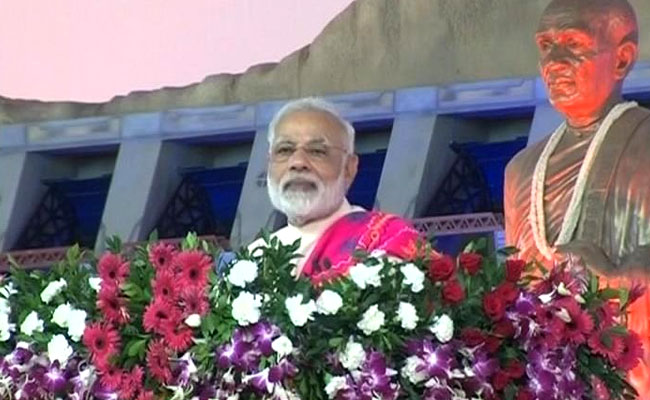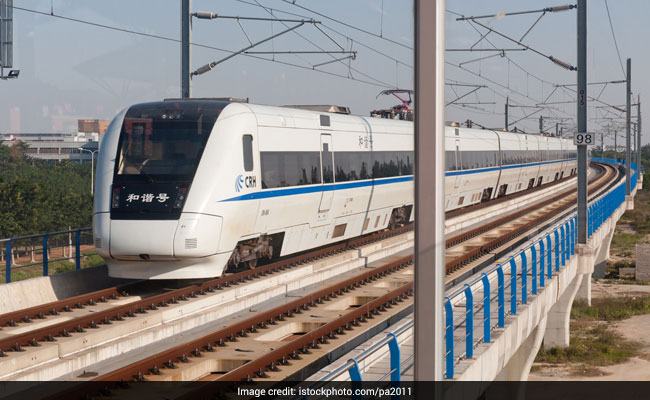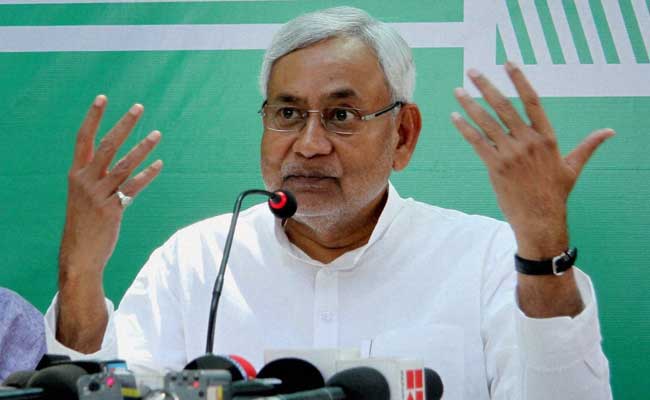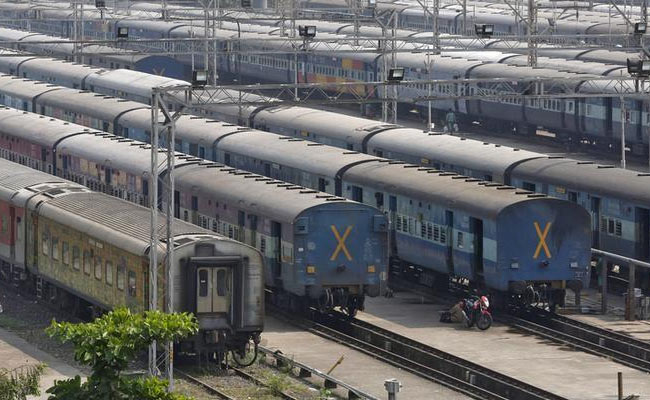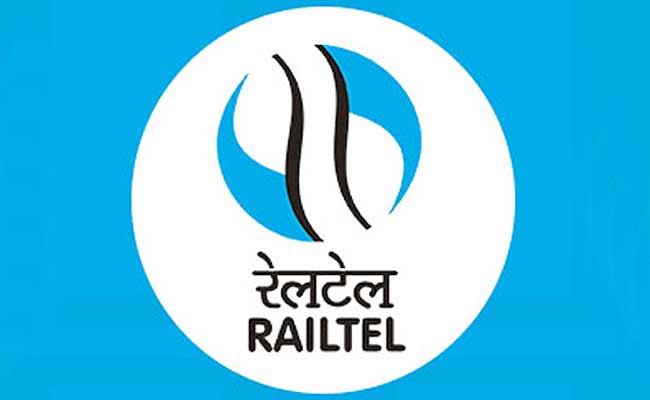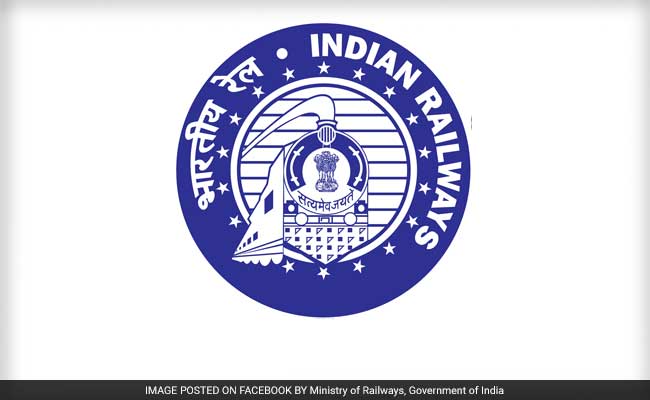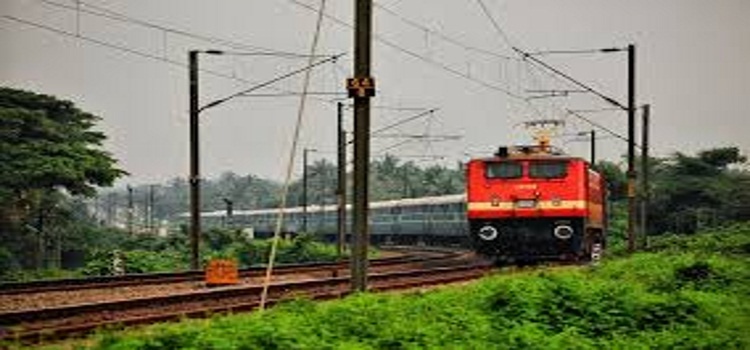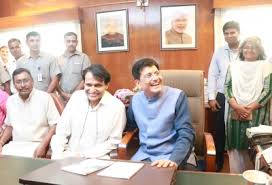A confidante of BJP chief Amit Shah and someone who was in the good books of Prime Minister Narendra Modi, Piyush Goyal replaced Suresh Prabhu as the new railway minister at a time when the safety of the national transporter has become a major concern.
Piyush Goyal on Monday took the charge as Minister of Railways in the presence of former post holder Suresh Prabhu. Goyal yesterday replaced Prabhu as he Union Railway Minister during the Cabinet reshuffle, possibly taking the most challenging ministry in light of several derailments in the recent past.
Though Prabhu had offered to resign after a spate of accidents recently, Modi had asked him to stay.
For Goyal, the upgrade from minister of state with independent charge of power and coal to a Cabinet rank was certainly an acknowledgement as a performer.
For Modi, he wanted an efficient person to transform the crucial Railway Ministry given his focus on pushing infrastructure in the country. Also, the fact that millions of citizens use the vast railway network regularly necessitated that public concerns over safety be put to rest. In the past three years under Prabhu, the Railways had witnessed 346 accidents and the highest number of 193 passenger deaths in a decade in 2016-17.
That precisely is the challenge for Goyal as the cash-strapped behemoth dreams big on realising the bullet train project but struggles to ensure smooth running of passenger trains. Goyal is the third railway minister in the NDA government. Prabhu, who became railway minister in November 2014, had replaced Sadananda Gowda.
Goyal, who also holds the coal portfolio, will have to hit the ground running in the Railway Ministry and focus on steps to improve freight earnings and complete pending projects ahead of the 2019 general elections. At present, the Railways is facing a loss of Rs 36,000 crore annually due to passenger fare subsidy.
Prabhu, a chartered accountant by profession, was brought in as railway minister with expectations that he would help improve the financial health of the Railways, but under him, freight loading fell further and operating ratio jumped over 100 per cent. He did take some measures such as decentralisation of tendering powers to check corruption, setting up of non-fare revenue directorate, planning high speed and semi-high-speed trains, dynamic fare pricing, merger of the railway budget with the general budget and formation of an independent tariff authority to take a call on fare hike, among others.
New railway minister Piyush Goyal has his work cut out for him as he has to prioritise safety and restore confidence since the railways is going through a rough patch due to successive derailments.
Goyal’s appointment has come just ahead of the visit of Japanese prime minister Shinzo Abe to lay the foundation of high speed bullet train in Ahmedabad on September 13.
Railway board members are geared up to meet ambitious targets and challenges ahead of the Indian Railways, particularly safe operations, better freight and passenger revenue, doubling of tracks and electrification.
Considering the fact that Goyal is having the charge of coal as well, there are hopes of having better synergy between the two ministries. Coal is the major source of revenue for the railways.
The biggest challenge in front of Goyal would be to ensure making railways safer, fill vacancies in the safety wing and hasten procurement of safety related equipment.
Average vacancy in safety positions during 2009-10 to 2013-14 was 18.65 percent of the total sanctioned strength which has dropped to mere 16.86 percent in 2017.
The railways recruited 37,510 people in different safety categories, taking the total staff strength to 6,35,940 as on April 1, 2017.
General secretary, All India Railwaymen’s Federation, Shiv Gopal Mishra told Governance Now that despite the railways recruiting people, over one lakh safety vacancies are still lying vacant.
A railway ministry data revealed as many as 421 people were killed in 857 derailments over the past 11 years between 2005-06 and 2015-16.
Derailments of the three express trains – Kalinga Utkal express, Kaifiyat express, Nagpur-Mumbai Duranto express – in the past 15 days in Uttar Pradesh and Maharashtra forced Suresh Prabhu to offer his resignation to prime minister Narendra Modi on August 23. Prabhu was asked to wait for the few days as the cabinet reshuffle was in the offing.
